2 Chronicles 24:17-22; Acts 6-7; Matthew 23:34-39
Pastor James Preus
When we think of how the Old Testament prophesied of Christ, we usually think of prophets speaking and writing. Yet, God also spoke through the prophets by their actions as well as by the actions done to them. We see clear examples of this in how Abraham tried to offer his only son Isaac whom he loved, as a sacrifice to the Lord, and how Jonah was trapped in the belly of a great fish for three days, prophesying that God would offer his only Son whom he loved as a sacrifice and that the Christ would remain in the tomb for three days. When King Joash murdered Zechariah the prophet and priest in the temple, it was a prophecy that the Christ would be murdered for preaching the truth. The persecution and murder of all the prophets were prophecies that the Christ would suffer violence at the hands of wicked men and die an innocent death. This is made clear in Jesus’ parable about the vineyard and the tenants, where the master sends servants, who represent the prophets, to gather his fruit, but the tenants beat, murder, and stone his servants. Finally, the master sends his own son, the heir, who represents Christ. Everyone listening to the parable knows that these tenants who killed the servants will also kill the son.
And so, we remember on this second day of Christmas, that our dear Lord who came to us as a sweet little baby, entered a hostile world set to commit violence against him. This fact is not hidden from Christmas, even amidst the joyful carols, as December 26th commemorates the death of St. Stephen, the first post-Pentecost Christian martyr and in a couple days the Church will remember the Slaughter of Holy Innocence, when Herod murdered the little boys of Bethlehem in an attempt to destroy Christ. Even the Gospel lesson for Christmas Day tells us that Jesus “came to his own, but his own people did not receive him.” (John 1:11) And Jesus was well aware of his violent mission, repeatedly telling his disciples that he would be betrayed into the hands of sinners, be crucified, and on the third day rise.
Jesus came to a world at enmity with him to win reconciliation with his blood. And he repeatedly warned his followers that whoever followed him, would be hated by the world. You’ll notice in our Gospel lesson that Jesus does not speak merely of the prophets murdered in former days, but of prophets, wisemen, and scribes whom he would send and whom they would persecute and kill in the future. Before we even learn Stephen’s name, we know from Christ’s words that those whom he sends will be murdered for preaching the Gospel.
St. Stephen has the honor of being named the first post-Pentecost Christian martyr. In Acts chapter six, Stephen is named as the first of seven men to serve the church, so that the Apostles may devote themselves to prayer and the preaching of the Word. Stephen is described as one full of faith and of the Holy Spirit. He immediately becomes distinguished by the great wonders and signs, which God did through him. Stephen was a preacher. He proclaimed the Gospel of Jesus Christ. For this he was maligned as a blasphemer and accused of being an enemy of the temple and of Moses. Stephen responds by giving a detailed summary of the Old Testament, from the time of Abraham to the last prophets. He convicts the people of Israel for their idolatry and violence against the prophets. Finally, he convicts his own adversaries for following in the unbelief and violence of their fathers, having murdered the Righteous One, who is Christ Jesus.
But these unbelieving Jews would not listen to Stephen’s preaching. They even put their fingers in their ears! They charged Stephen, brought him out of the city, and stoned him to death. And Saul, better known today as St. Paul, held the cloaks of the murderers as he approved of Stephen’s execution. As Stephen died, he saw a vision of Christ Jesus standing at the right hand of God the Father. This vision bore witness to Jesus’ words from his Sermon on the Mount, “Blessed are you when others revile you and persecute you and utter all kinds of evil against you falsely on my account. Rejoice and be glad, for your reward is great in heaven, for so they persecuted the prophets who were before you.” (Matthew 5:11-12) Stephen was honored to join the company of persecuted prophets before him, and especially, the company of Jesus Christ, for whom he was hated by the world.
And so, we learn on this St. Stephen’s Day, that we should expect persecution from this world. It is unlikely that any of us will rise to the rank of St. Stephen, who was murdered while bearing beautiful testimony of Christ. Yet, we should recognize the hatred the world has toward our Lord Jesus and the hatred it has toward those who love him. St. James tells us that friendship with the world is enmity with God (James 4:4). Jesus tells us that if the world hates us, know that it hated him first. We must recognize this hatred, so that we do not fall away from loving God.
The first thing you must know about this hatred, is that it hates God’s Word. Notice how Stephen’s murderers plugged their ears when they didn’t like what Stephen was preaching. The world plugs its ears today. Whatever tries to silence the preaching of God’s Word and the proclamation of the Gospel of Christ is at enmity with Christ and you. When governments seek to close churches, whether out of overt hatred for the Gospel or using the pretense of a health emergency, this is the hatred of world against Christ and his Christians. When extracurricular activities are scheduled on Sunday morning when Christians are known to worship, this is an attack on Christ and his Christians. These attacks don’t always involve the shedding of blood and imprisonment. But they always involve the silencing of God’s holy Word.
Jesus came to win reconciliation with God for the world. Christians are called to confess and preach this reconciliation. Yet, it is this very message of reconciliation that is so hated by the world. Reconciliation means that someone has sinned against another. Sinners don’t want to admit that they have sinned. They don’t want to be forgiven; they want to be told that they are right. And so, they plug their ears to Christ’s preaching and they react in violence against those who seek reconciliation. It’s the saddest thing in the world. Reconciliation means to make friends with your enemies. Christians make friends through forgiveness won by the blood of Christ. Yet, enemies often want to remain enemies. They do not want to humble themselves. They don’t want to be forgiven or to forgive. Jesus’ blood is spurned. Jesus’ Christians are hated.
And so, we learn from Stephen how to behave as Christians. When others hate you for confessing Christ, pray for them. When your invitation to come to church is disrespectfully brushed off, don’t despair, but stay the course. Continue to pray and invite others to hear God’s Word. When others refuse to be reconciled with you, refuse to repent of their sins, refuse to forgive you your fault, refuse to hear of Christ’s forgiveness, continue to confess Christ and pray for them. When you are persecuted, maligned, and even assaulted for your faith in Christ, bless; do not curse. Pray for those who persecute you.
On Christmas, we often receive many gifts. These material things, which often break or are spent before the next Christmas, are supposed to be a reminder of God’s greatest gift of his Son, whom he gave to save us from our sins. St. Stephen’s Day is a good reminder that Christ is the gift worth losing every worldly gift and pleasure for. Your new watch or stack of books, the clothing and toys and money, these all pale in comparison to Christ. There is nothing that you own or could own that compares to Christ. There is nothing you do or could spend your time doing that compares to being with Christ. Jesus entered this cruel world to save you from its cruelness and sin, to reconcile you with your Heavenly Father, and give you eternal life. And on top of that, he promises that he will continue to provide for the needs of your body while you live on this side of the resurrection of all flesh. Jesus is worth suffering for. He’s worth losing family and friends over. He’s worth losing job and lands and presents over. To have Christ is to have a greater treasure than owning the whole world.
And so, it is actually fitting that most people know this day by the carol, “Good King Wenceslas, an apocryphal tale of a Bohemian Christian King known for giving alms to the poor. In the carol, King Wenceslas strengthens his page’s spirits to brave the harsh winter weather to bring a feast to a poor man. This fits the tradition of giving food and gifts to the poor on St. Stephen’s Day. On this day we remember that the great gift we received on Christmas was Jesus. We are happy to help those less fortunate than us, just as we are joyful even to suffer shame for the name of Christ. God gave us everything when he gave us Christ Jesus as our Savior. We cannot lose. Poverty, shame, hatred, persecution, slander, even death are powerless against the one who has Christ Jesus.
The name Stephen means crown. Having been murdered for the sake of Christ, Stephen received a crown of righteousness that cannot fade in heaven. Such crowns are stored up in heaven for all who love the appearing of Christ. May God keep us faithful, so that we may at last wear them with St. Stephen and all the saints before the throne of Christ Jesus our Lord. Amen.
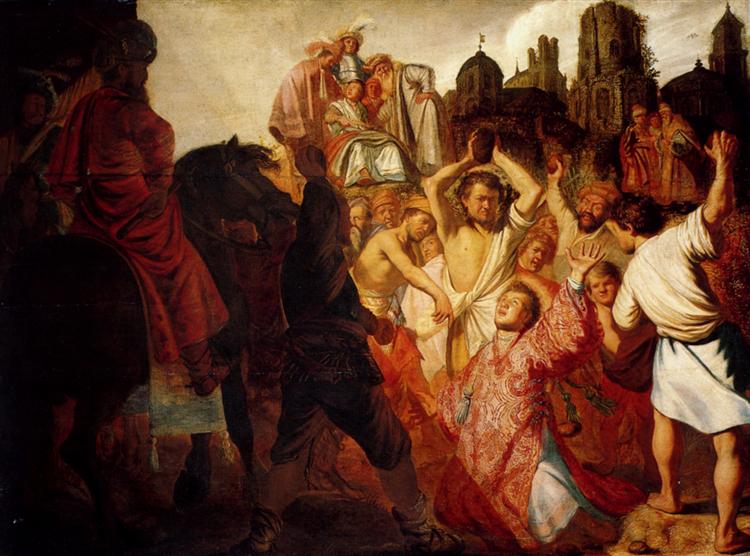
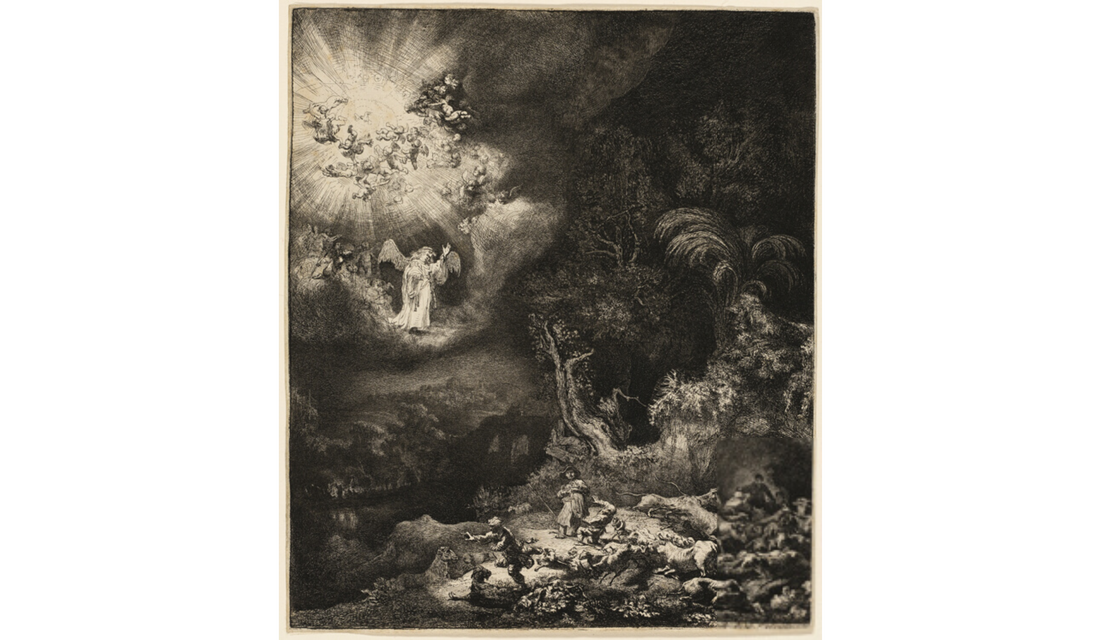
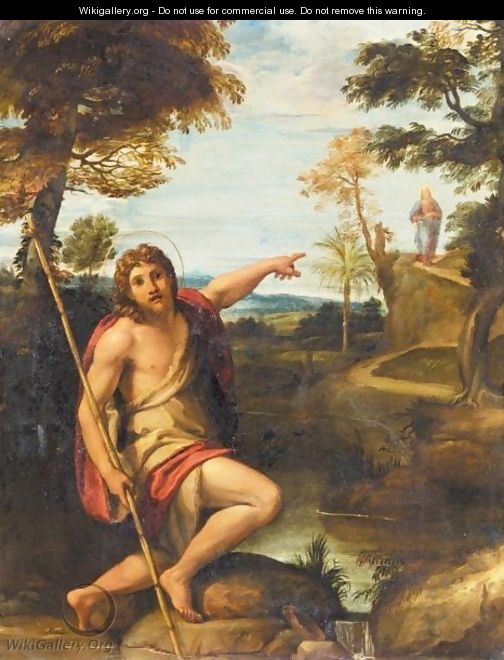
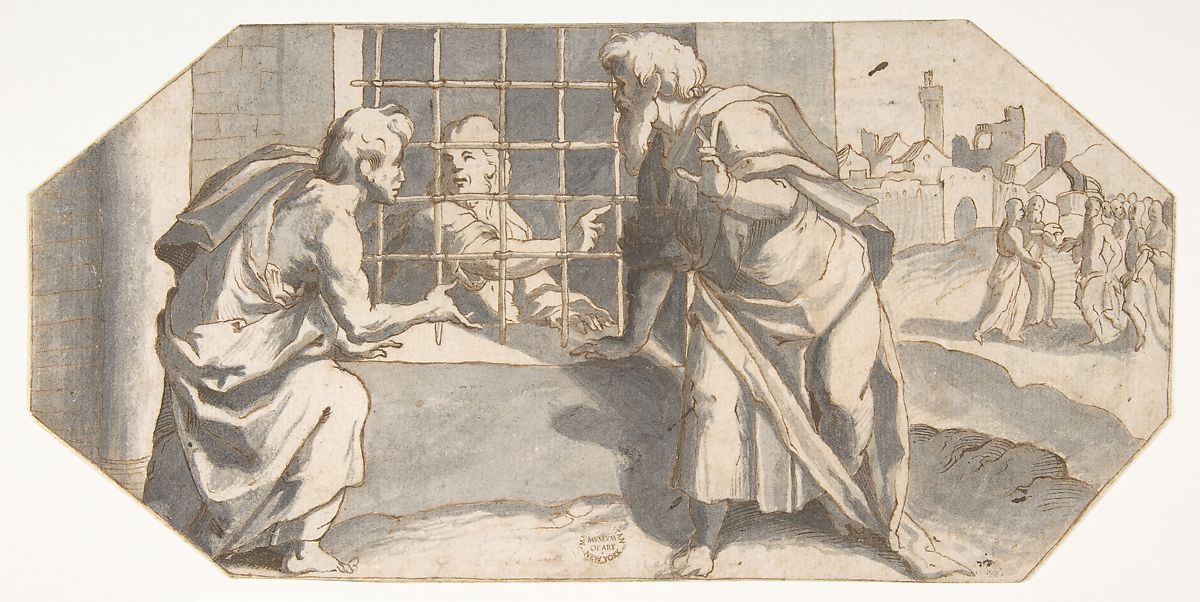
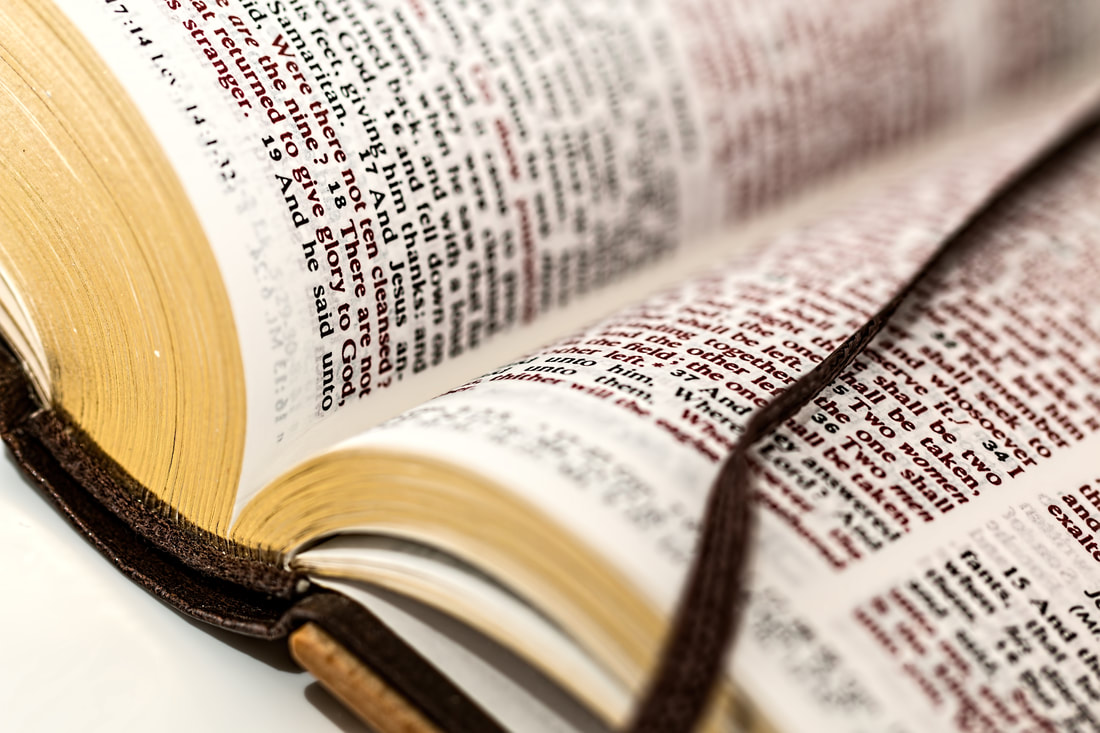
 RSS Feed
RSS Feed